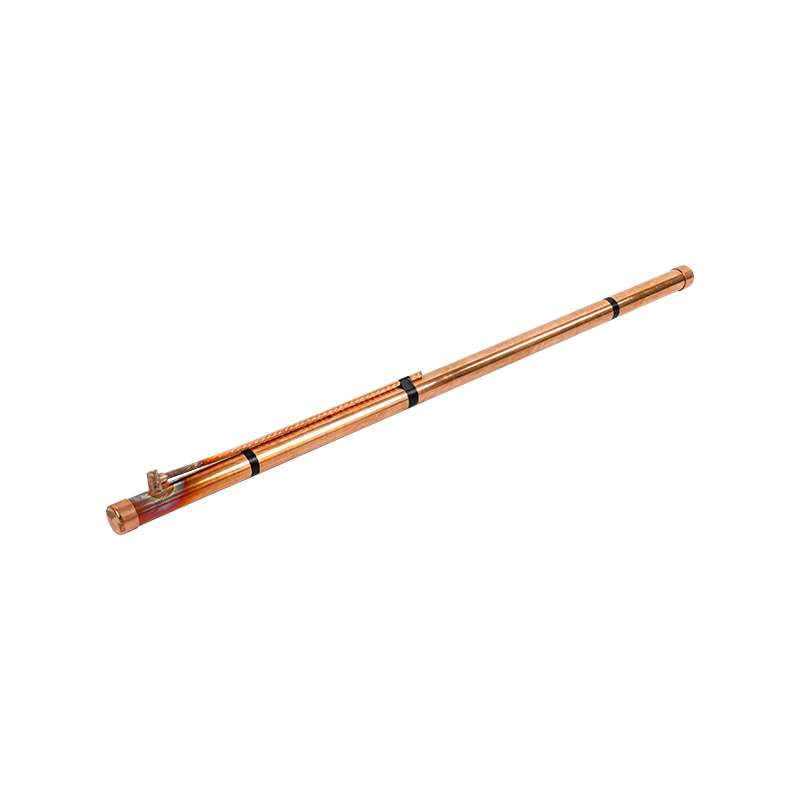
The Ultimate Guide to Choosing the Right Grounding Rods
Electrical safety is of utmost importance in any building or facility. One of the most critical components of a safe electrical system is the grounding rod. A grounding rod, also known as an earth electrode, is a metal rod that is buried in the ground and serves as a connection between the electrical system and the earth.
The purpose of a grounding rod is to protect people and equipment from electric shock and damage caused by electrical surges, lightning strikes, or other electrical disturbances. Choosing the right grounding rod is crucial to ensure maximum safety and effectiveness of the electrical system. In this article, we will provide you with the ultimate guide to choosing the right grounding rods.
Material
Grounding rods are typically made of either copper or galvanized steel. Copper is the most common material used for grounding rods because of its superior conductivity and corrosion resistance. Galvanized steel, on the other hand, is more affordable but is more susceptible to corrosion.
Length
The length of the grounding rod is another crucial factor to consider. The length of the grounding rod depends on the type of soil, moisture content, and other environmental factors. Generally, a grounding rod should be at least eight feet in length. If the soil is dry or rocky, a longer grounding rod may be required.
Diameter
The diameter of the grounding rod is also essential. The most common diameter for a grounding rod is 5/8 inch. However, larger diameter rods are available, which provides greater surface area for contact with the soil and increases the effectiveness of the grounding system.
UL Listing
When choosing a grounding rod, it is important to look for products that are UL listed. UL (Underwriters Laboratories) is a global safety certification organization that tests and certifies products to ensure they meet safety standards.
Installation
Proper installation of the grounding rod is critical to ensure maximum safety and effectiveness. The grounding rod must be installed correctly, and the connection between the rod and the electrical system must be secure. It is best to consult with a licensed electrician to ensure proper installation.
Maintenance
Grounding rods require regular maintenance to ensure they are functioning correctly. The area around the grounding rod should be kept clear of debris, and the connection between the rod and the electrical system should be checked regularly for corrosion or damage.
In conclusion, choosing the right grounding rod is essential to ensure maximum safety and effectiveness of the electrical system. Consider the material, length, diameter, UL listing, installation, and maintenance when choosing a grounding rod. It is always best to consult with a licensed electrician for proper installation and maintenance. With the right grounding rod in place, you can ensure that your electrical system is safe and reliable for years to come.

Chemical Grounding Rod Is An Efficient Grounding System In Locations Of High Soil Resistivity. The Electrode Is Pre-Filled At The Factory With Electrolytic Salts Can Releases Water To The Surrounding Soil Which The Salts Have Absorbed When Appropriate. Together With High Efficient Grounding Enhancement Material As Backfill, The System Dissipate Lighting Energy And Other Dangerous Electrical Fault Currents, Even In Sandy Or Soil Conditions.

 English
English 简体中文
简体中文











